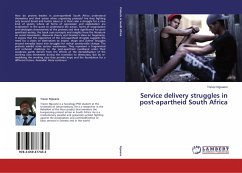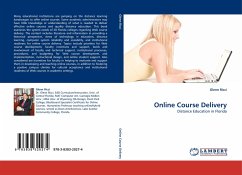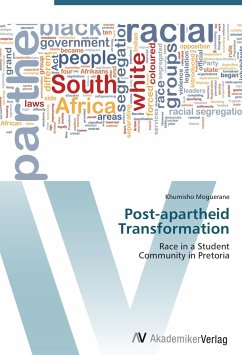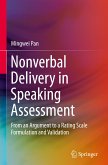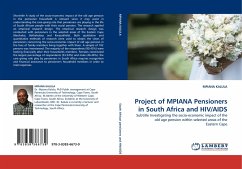How do protest leaders in post-apartheid South Africa understand themselves and their action when organizing protests? Are they fighting only around bread and butter issues or is theirs also a struggle for a new kind of society where all forms of oppression and exploitation are eradicated? In the quest to understand the action, forms of organisation and ideologies characteristic of the protests and their significance for post-apartheid society, the book uses concepts and insights from the literature on social movements, discourse theory and Gramsci's ideas on hegemony. It argues that the experience of the anti-apartheid struggle suggests the need for a vision of alternatives to inspire, shape and cohere struggles around everyday issues into struggles for radical society-wide change. The protests exhibit some serious weaknesses. They represent a fragmented and inchoate challenge to the post-apartheid neoliberal order. Their weakness partly derives from the effects of the demobilisation of the working class movement during the transition to democracy. But by re-mobilising the working class they provide hope and the foundation for a different future. Amandla! Aluta continua!
Bitte wählen Sie Ihr Anliegen aus.
Rechnungen
Retourenschein anfordern
Bestellstatus
Storno

